Whether you’re relocating out of your home office or your staff is outgrowing its present workspace, finding an appropriate place for your business needs is crucial. Searching for a commercial property might sound thrilling, but there are definitely a lot of things you should keep in mind before getting started.
Commercial real estate is more complicated than residential assessment, and even professionals in the field find it challenging to evaluate, employing different techniques based on the property’s characteristics and potential. But before getting into that, let’s break down the commercial real estate basics.
What is commercial real estate?
Commercial real estate, in the simplest terms, is any piece of property that may be used to generate revenue, either through sale or leasing. A commercial property might be anything from an office building to a residential duplex, a restaurant or a warehouse.
Though the initial upfront investment for commercial real estate is typically higher than that of residential, the return on investment is also higher, too. Additionally, it allows for triple net leases, with the tenant being responsible for paying things like real estate taxes, maintenance, and insurance.
What are the different types of commercial property?
- Office: Offices are either urban or suburban. Skyscrapers and high-rise office buildings can be several million square feet, while suburban office spaces have smaller structures.
- Retail: Retail is basically where we shop and eat. They can be multi-tenant – with an anchor tenant to draw traffic – or single-use, independent structures.
- Industrial: Industrial buildings host various tenants’ industrial activity outside of metropolitan areas, especially along main transit lines. Industrial parks might have low-rise structures.
- Multifamily: Multifamily real estate includes apartments, condos, co-ops, and townhouses.
- Hotel: Hotel buildings provide lodging, dining, and other amenities to tourists & travellers.
- Special purpose: Commercial real estate investors may hold special purpose real estate. Amusement parks, churches, self-storage, and bowling lanes are special-purpose facilities.
8 Questions to ask when viewing a commercial property
When viewing many commercial properties, knowing what questions to ask is essential. Before relocating to a facility that won’t fit your business’s purposes, you better understand what you’re getting into. We’ve comprised a list of things to keep in mind before deciding to invest in a new property. Make sure you ask a professional realtor about the following:
- Type of commercial lease offered & minimum lease terms.
- Amenities included in your monthly rent. (repairs and maintenance, cleaning assistance, electricity, heating and air conditioning).
- Insurance coverage, onsite management & maintenance.
- Access & accessibility– how do visitors access the commercial property?
- Parking spaces allotted to the renter for employees & visitors.
- Changes to the properties layout (e.g. rearrangements).
- Information about other tenants in the building.
- Wired support – can the building support your company’s technological needs?
How to determine the value of a commercial real estate
Value is the amount a property could generate in an active, open, and competitive market where both buyer and seller behave fairly and knowledgeably. To price your commercial property accurately, make sure you choose one of the following forms of assessment.
- Sales & cost comparison approach
- Cost per rentable square foot
- GRM, value per gross rent multiplier (Gross Rent Multiplier)
Bonus Tip: Consult public records & find out what commercial property sold for
If you want to step up your comparison game and find out what commercial property has sold for, public data can also reveal the property history within a county. Transaction, ownership, mortgage, and lien data are usually available online. Local property assessors and real estate sites, as well as city and state government websites, provide property history public records.
Get the experts’ help
Without professional representation, even the most seasoned investors are bound to miss at least one red flag and make choices they’ll probably regret later on. The repercussions of errors when choosing a commercial property on sale can be expensive – especially if they require drastic action.
If you’re about to make an investment, consult West Court’s experienced real estate assessors and get personalised advice on multiple properties available. In the meantime, find answers to our clients’ Frequently Asked Questions About Commercial Properties or visit our Knowledge Database to get further acquainted with our processes.


